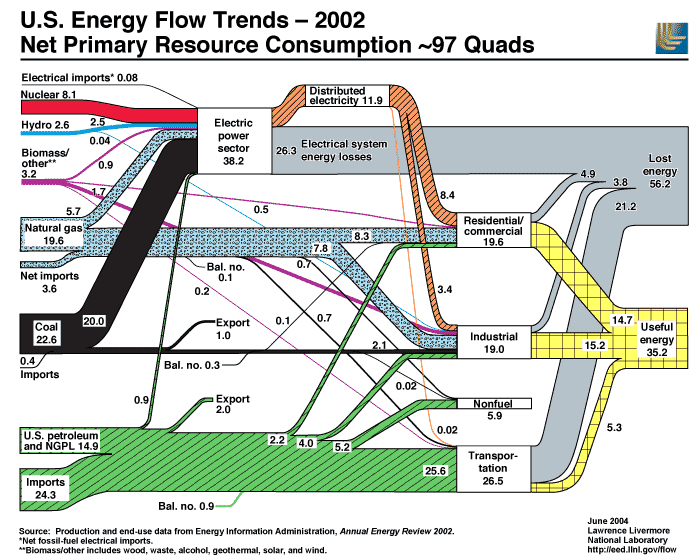I’m just love examples of the power of middlemen to enable things. The best are the ones where a event would be impossible without the intermediary. Like the way that real estate agents close deals that an owner could not close himself. So here’s one I noticed today.
This grows out of one of the advertising mysteries. I.e. why is that if I shop for tires at one point during the day I don’t see tire ads at other sites latter in the day.
The social engineering problem is part of the reason that doesn’t happen. If I visit great-barge-in-tires.com and then pop over to the weather site, my favorite blog, and then the news paper it would totally spook me out to be followed around by tire ads.
That social barrier creates discounts the value of assembling a model me.
But, if I arrive later in the day at a car chat site and ads appear for tires it wouldn’t spook me out. It would seem perfectly natural that ads for tires appear on a car chat site.
The distinction there is that the car site’s has a natural audience. The persona of the imaginary member of that audience includes the possibility of an interest in tire purchases. My visiting the site creates a makes me a member of their audience and so it becomes reasonably to target a tire add in my direction.
The middleman here is the car site, which labors to create a particular audience demographic. My visiting the site acts, to a degree, as a kind of permission based marketing. In a sense I’m giving them permission to stereotype me as a car fan by virtue of my visit.
The notable thing is that in the context of the car site the knowledge of my morning tire buying can be leveraged without spooking me into thinking – “Man there something inapproprate going on here.”
That suggests that there maybe more dynamic add placement than I’m aware of, that the folks who run places like Double Click have just managed to sell the model they collect about me to sites where it will be more valuable and less likely to back fire.
The middleman, the car site, provides a way to solve the social engineering problem. Of course this leads to the exaggerated humorous insight that creating an audience is a form of identity theft.





 Since I’d recently been browsing various
Since I’d recently been browsing various 